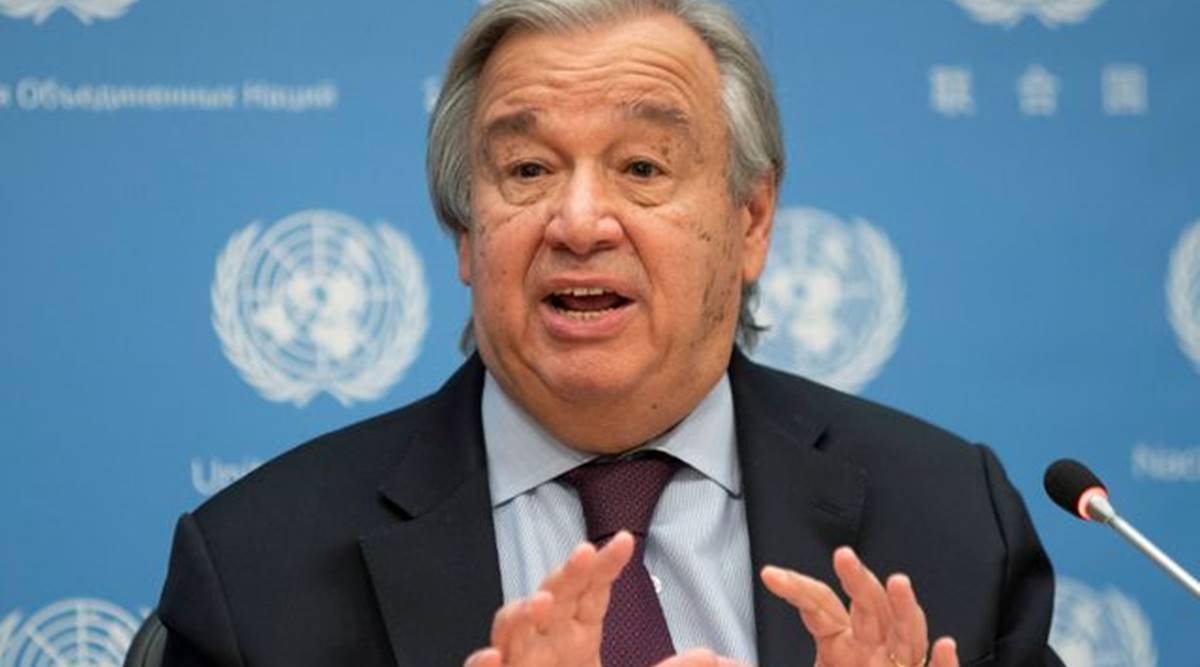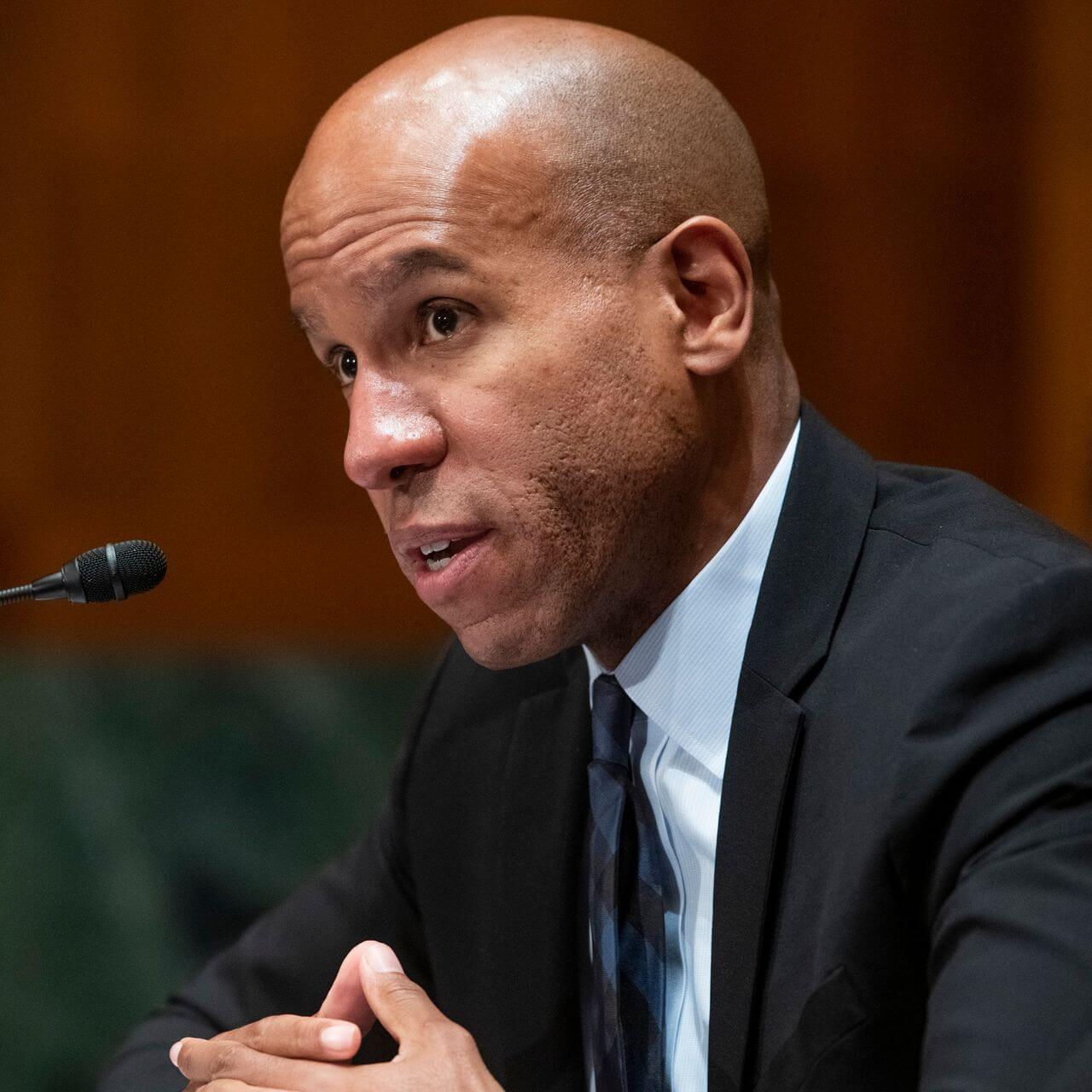The United States (US) Department of the Treasury said that international banks could provide aid to Afghanistan without fears of violating sanctions against the Taliban. This paves the way for much-needed relief to be provided to the war-torn country, which is currently struggling to bring an end to its humanitarian crisis.
The clarification was provided by Under-Secretary of the Treasury for Terrorism and Financial Intelligence Brian Nelson while speaking with representatives of several non-governmental organisations, who were seeking clarity on the US’ stand on “humanitarian aid and commercial activity in Afghanistan.” As a result of these consultations, Nelson released seven guidances relating to the provision of food and agricultural supplements, support for public hospitals, teachers, and healthcare workers, and providing assistance to ensure the functioning of the municipal water systems.
Together, the releases provided details about the exceptions to sanctions, which were introduced in September and December to facilitate the provision of humanitarian aid to Afghanistan. The clarifications specifically allowed both American and other entities to provide shipments of food and medicines. In this regard, banks were allowed to process financial transfers and other such transactions that were done in furtherance of such food shipments.

As a result of these exemptions, international banks were allowed to process transactions that involved “clearing, settlement, and transfers through, to, or otherwise involving privately owned and state-owned Afghan depository institutions” for the purpose of humanitarian operations. Furthermore, the release laid down the permitted engagements involving the Taliban or the Haqqani Network, which included signing memorandums of understanding, coordinating on delivery and provision of humanitarian aid, administrative engagements for importing goods, and participating in technical working groups.
Additionally, the release said that “payments of taxes, fees, or import duties to, or the purchase or receipt of permits, licenses, or public utility services” from these groups would also be allowed for humanitarian operations. The release also allowed aid groups to directly pay health workers and teachers.
The US’ clarifications come just a week after United Nations Secretary-General António Guterres said that Afghanistan was “hanging by a thread,” and that a majority of Afghans are facing “extreme levels of hunger” currently with families being forced to sell their children to purchase food. To prevent further deterioration of the crisis, Guterres urged the countries to “step up support for the people of Afghanistan.” This included the need to work towards release of $10 billion that remains frozen in American and other Western countries’ banks.
The announcement follows a three-day meeting between the Taliban and Western officials, including delegations from the US, in Oslo, during which the Taliban pushed for international recognition and the release of the frozen funds.
The announcement is significant as it paves the way for streamlining international aid to Afghanistan, which has always been dependent on foreign aid and investment. Since 2001, the Taliban has been declared a terrorist group and sanctioned by the US. Hence, since the Taliban’s takeover in August, international banks have been particularly reluctant to release the funds, hampering the United Nations and other groups from successfully conducting aid and relief operations in the war-torn country. Countries have also previously raised concerns about releasing aid to Afghanistan over fears of the funds being misdirected and misused.

